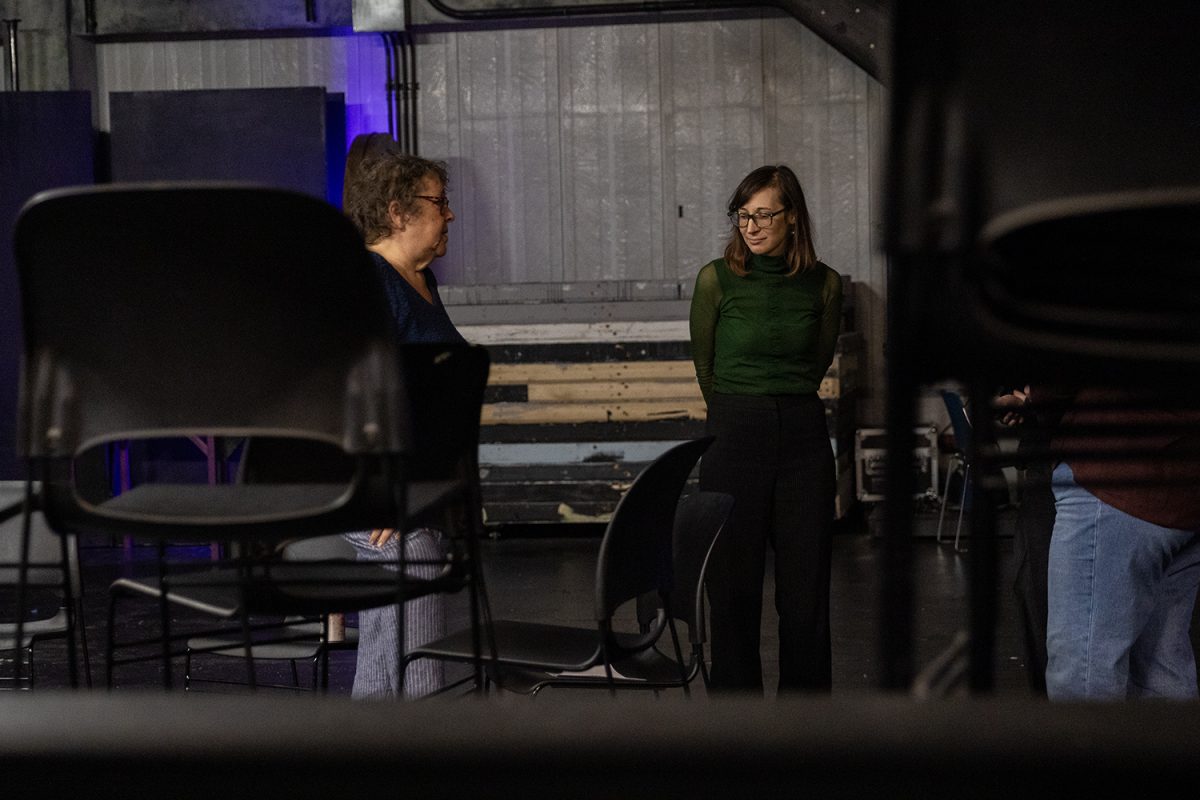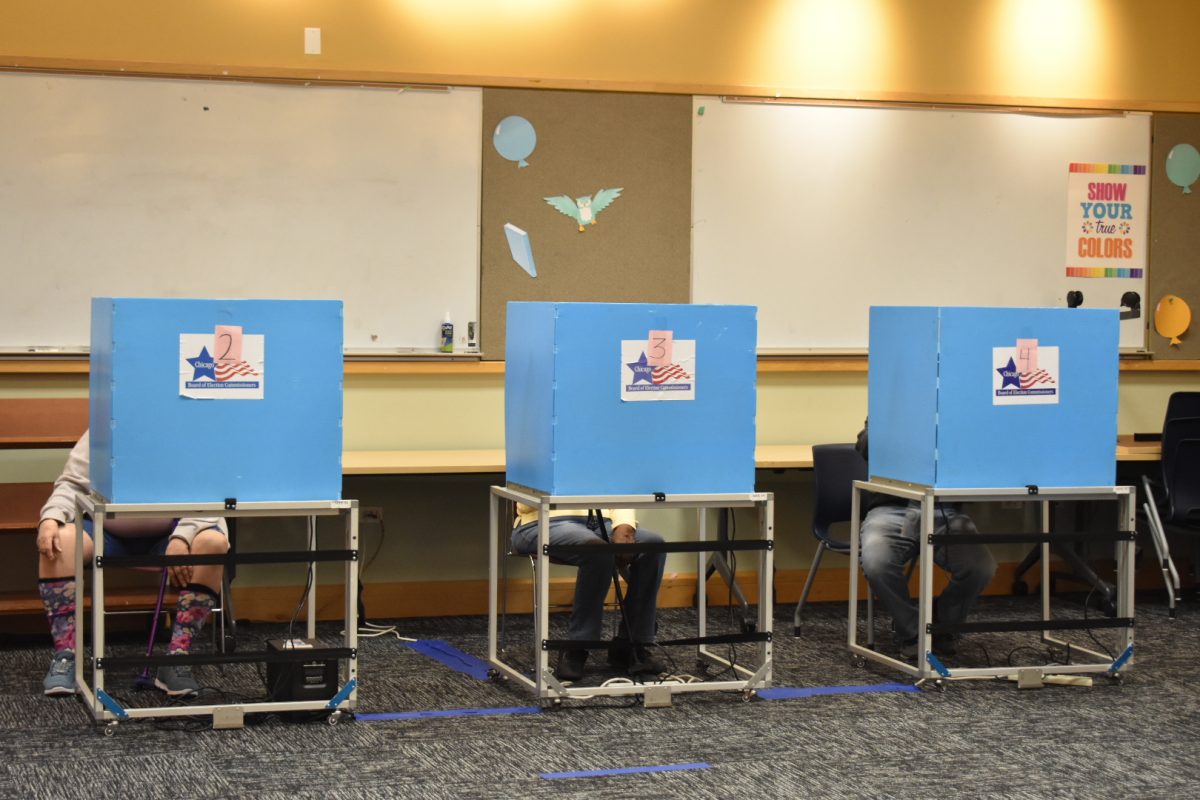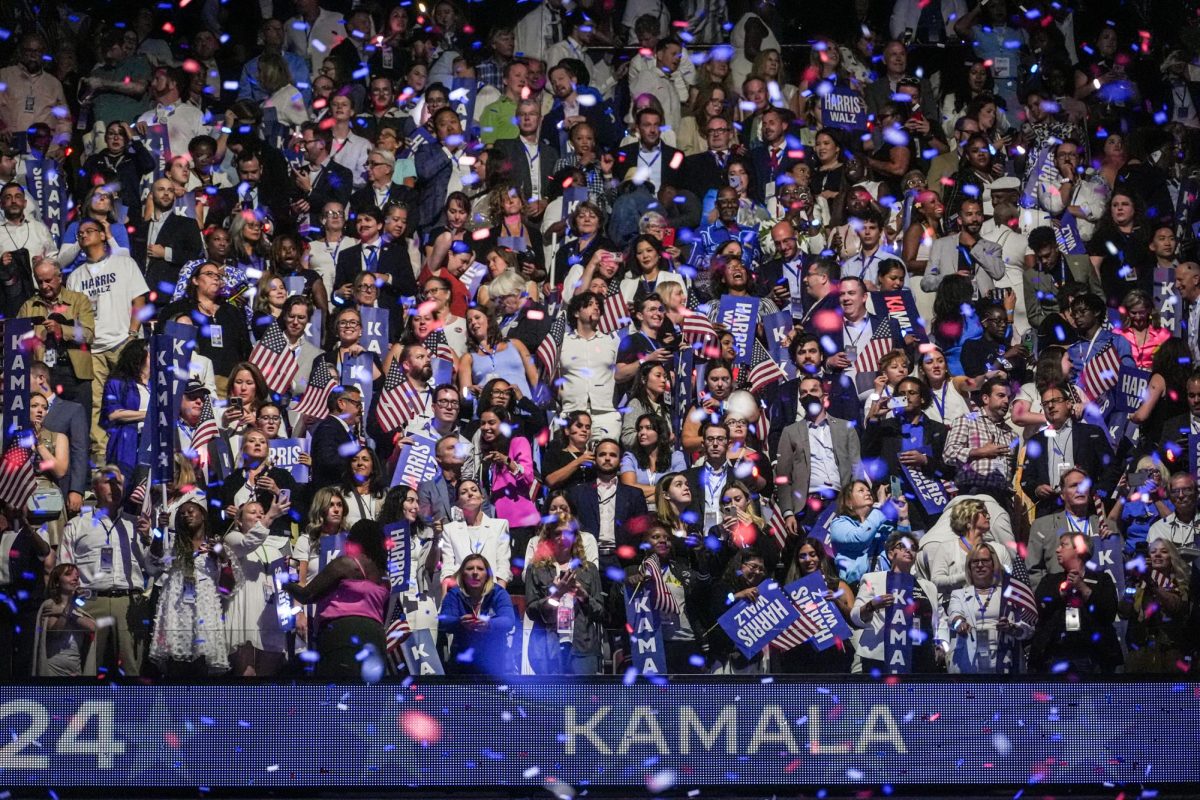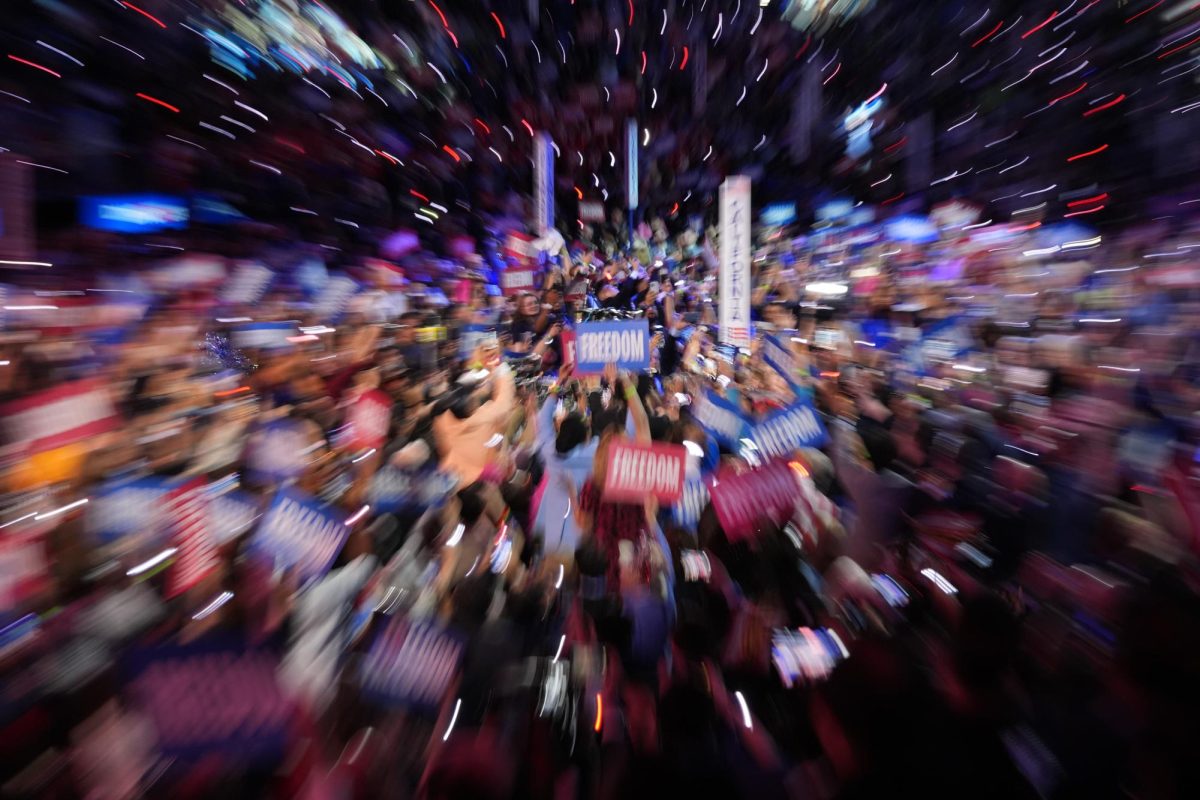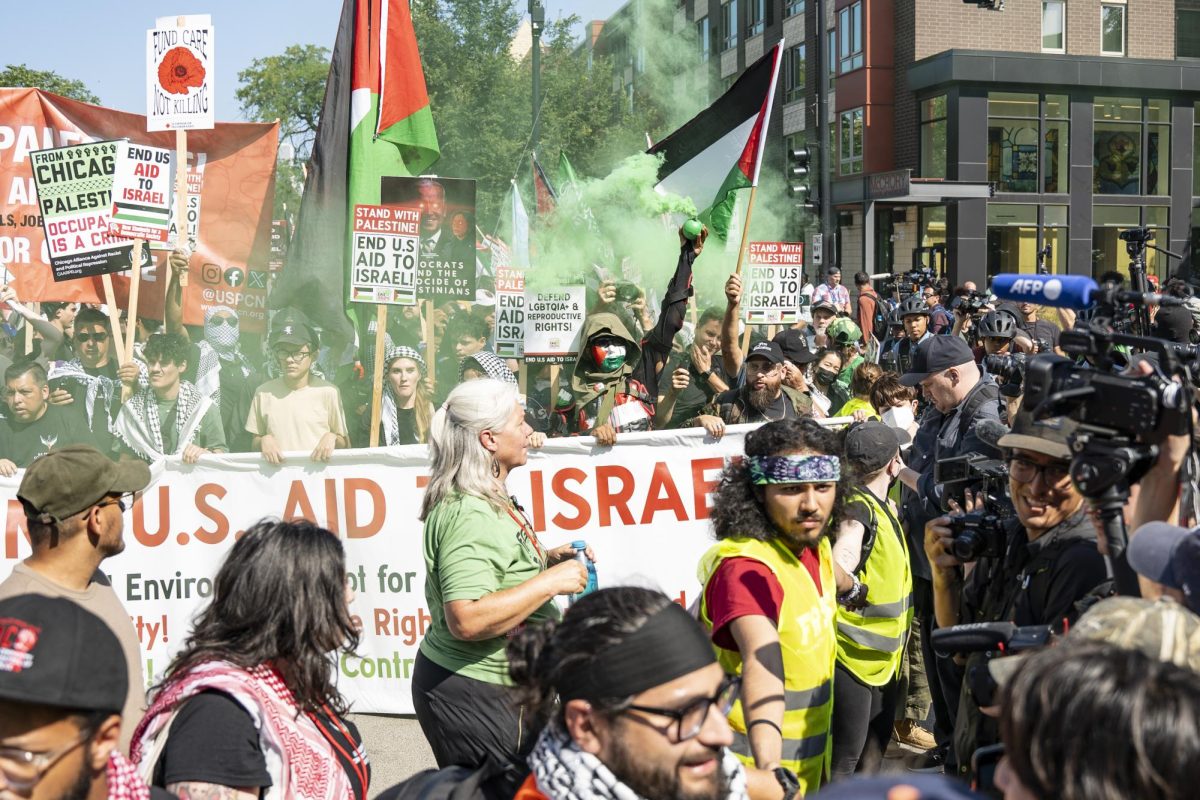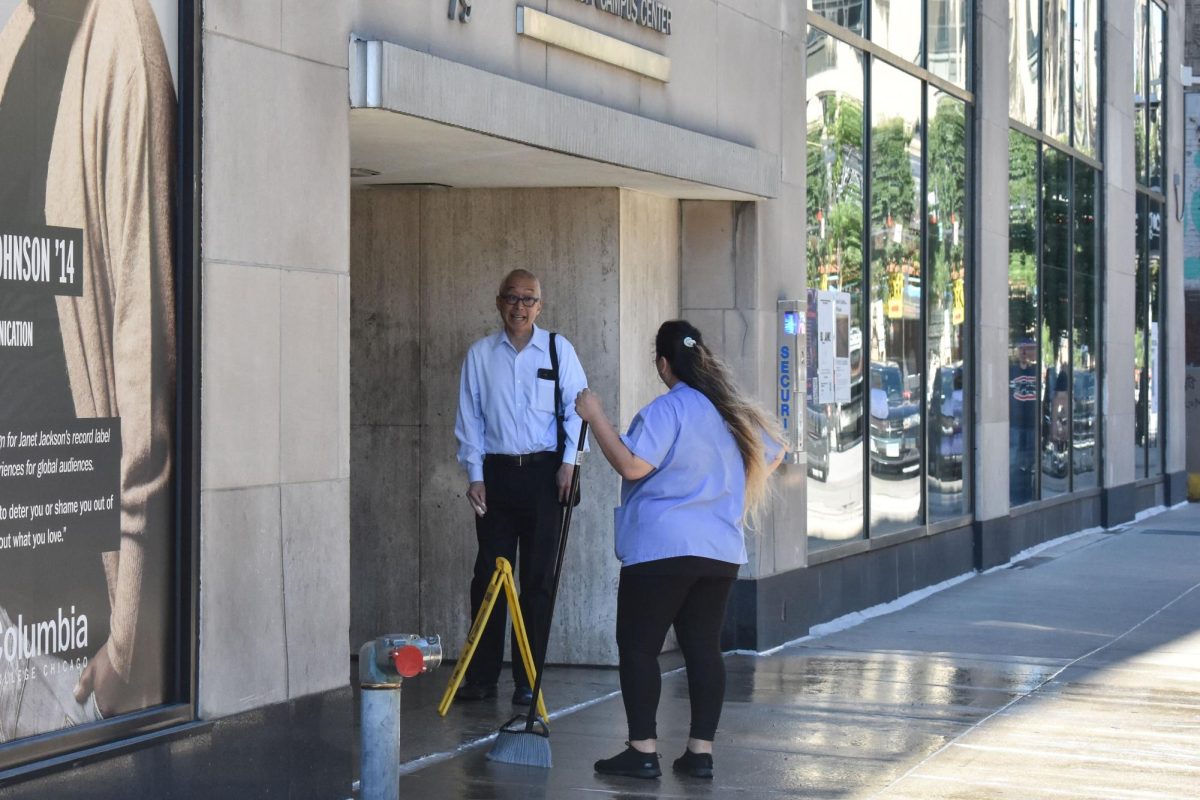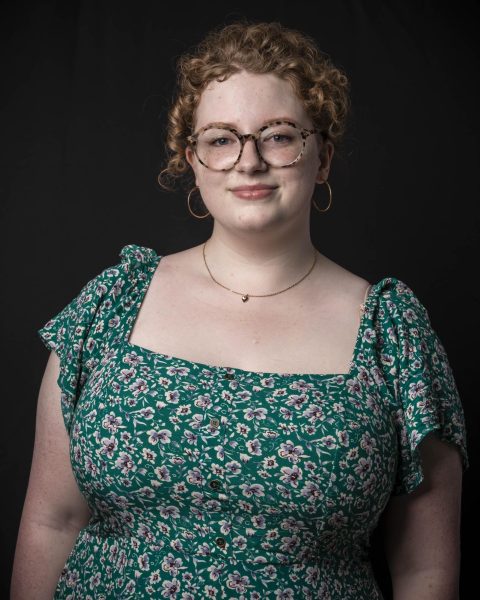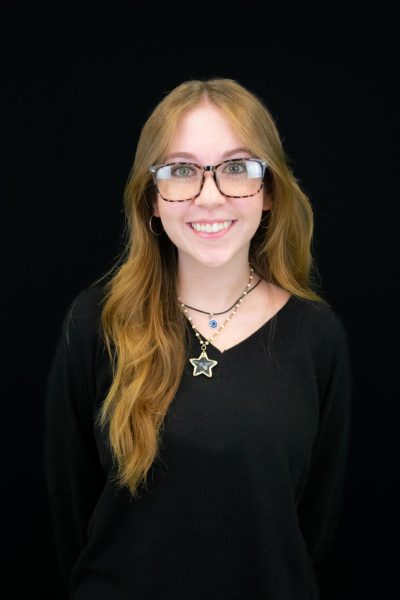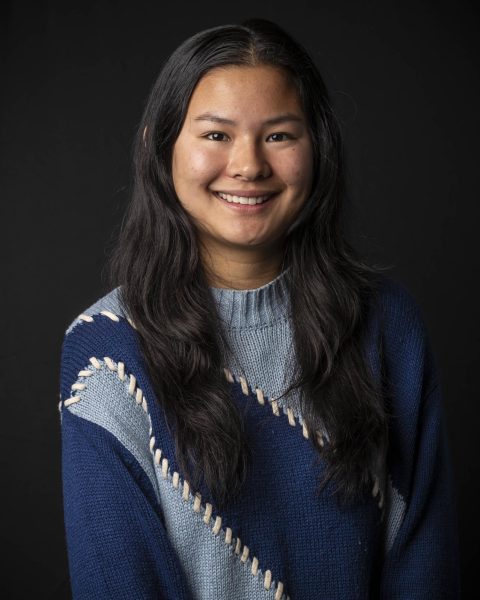Columbia faculty are trying to support and educate students about the Israel-Hamas war as death tolls climb overseas, and closer to home, people reel from news that a young boy was stabbed to death just southwest of Chicago in what authorities have described as a hate crime.
President and CEO Kwang-Wu Kim issued a statement on Monday, Oct. 16, asking members of the Columbia community to resist demonizing each other “simply because they disagree with us or belong to a different group.”
His email began with the words, “Not at Columbia,” referencing his speech at New Student Convocation in September.
He wrote about the school’s aspirations to create a community that can “affirm our common humanity.”
“People, individually and collectively, may commit atrocities, but we must never stigmatize an entire group or culture as less than human,” Kim wrote. “We must call out the wrongs that we witness, regardless of who perpetrates them. And we must always choose compassion toward each other in the face of any violation of human life, rights, and dignity.”
The latest: This has become the deadliest of the wars between Hamas and Israel, according to reporting from the Associated Press. More than 1,400 people were killed in Israel, most of them civilians in Hamas’ Oct. 7 assault. Israel officially declared war the next day. As of the morning of Oct. 17, more than 2,800 people have been killed, and more than 10,000 others injured, in Israel’s retaliatory airstrikes in Gaza, according to the Gaza Health Ministry.
Over the weekend, authorities in Plainfield said a landlord – who has since been charged with a hate crime – stabbed a 6-year-old boy to death and seriously wounded his mother.
“Detectives were able to determine that both victims in this brutal attack were targeted by the suspect due to them being Muslim and the on-going Middle Eastern conflict involving Hamas and the Israelis,” according to a Will County sheriff’s statement.
The victims were Palestinian-American, according to the Chicago chapter of the Council on American-Islamic Relations. The boy’s funeral was held Monday in Bridgeview.
Chicago Police said in a statement that they increased uniformed presence in Jewish and Palestinian communities and are paying close attention to mosques and synagogues.
Following the attack by Hamas, Columbia’s student organizations, Muslim Student Association and Columbia College Chicago Hillel posted statements to their respective Instagram accounts.
On reading the news: Yonty Friesem, associate professor in the Communication Department, said it is important for people to understand that the situation extends beyond the current war between Israel and Hamas and is rooted in “a larger geo-political conflict.”
As people consume news about the war, Friesem, who teaches “Truth, Lies and Accuracy in the Digital Age,” said it is important to remember that the media is not a single person and that a media message always represents the perspective of the person who created it.
“This is why, as a media educator, I always look at the way various media outlets cover news,” they said. “Even when it is upsetting and triggering, in order to keep myself informed of all the various perspectives and opinions, I consume multiple sources of information.”
Student outreach: On Monday, Oct. 16, the theater department held “Offline, Together — a space for silent contemplation” in Studio 404 at 72 E. 11th St. The event was organized by Susan Padveen, associate chair of the Theatre Department, and Grace Overbeke, assistant professor in the Theatre Department.
“The war in the Middle East is on many people’s minds and hearts,” according to a poster promoting the event. “The loss of life is devastating and it appears it may just be the beginning. Empathy is the only way we will navigate these perilous times.”
No students attended the event.
“The picture is just going to be of a bunch of empty chairs,” Overbeke told a Chronicle photographer. “That’s heartbreaking — and also kind of appropriate.”
Though no students showed up, Padveen spoke about the importance of acknowledging the hardships of the war and providing the option for group support.
“In my life, I’ve spent many times at events that were not attended in the way that I had hoped,” Padveen said. “but I feel it’s something like this, just people knowing that we were offering this opportunity and that we were acknowledging the difficulty that exists to come to terms with something that’s very confusing.”
Padveen spoke in appreciation of Kim’s acknowledgement earlier in the day.
“I was just glad that there was an acknowledgement,” Padveen said. “You know, people just need to speak up. It’s almost less important specifically what they say, but just that they stand up.”


